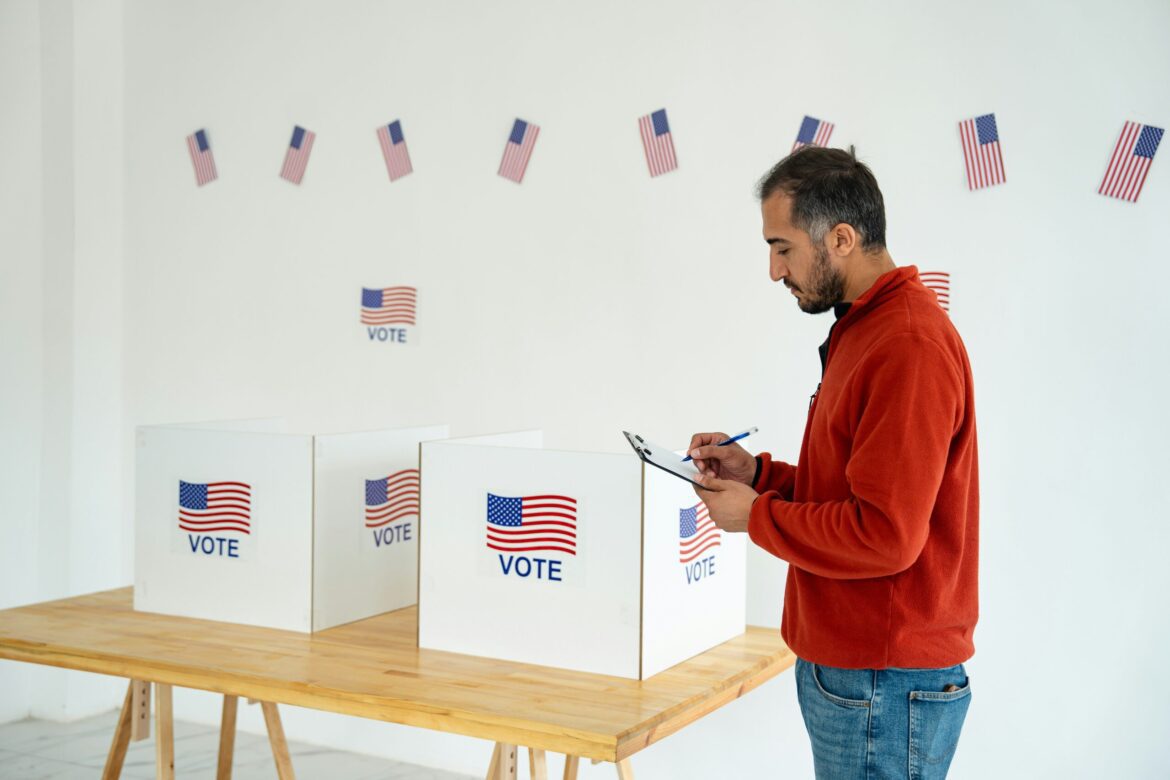A recent federal court decision has intensified scrutiny over Georgia’s voter identification requirements, raising concerns about potential impacts on voter participation just days before the final results of the 2024 presidential election are expected.
The ruling, issued by the U.S. District Court for the Northern District of Georgia, invalidated key provisions of the state’s Election Integrity Act of 2021, commonly known as Senate Bill 202 (SB 202). Specifically, the court struck down the requirement for voters to include their birthdate on absentee ballot envelopes and lifted the ban on providing food and water to voters waiting in lines more than 150 feet from polling places .
Judge J.P. Boulee, presiding over the case, determined that the birthdate requirement violated the Civil Rights Act of 1964 by imposing an undue burden on voters due to immaterial errors. The ban on offering refreshments to voters was found to infringe upon First Amendment rights, as it restricted free expression and support for voters enduring long waits .
Legal experts caution that the timing of the court’s decision could lead to confusion among voters and election officials. With Georgia anticipated to play a pivotal role in determining the election outcome, any uncertainty surrounding voter ID requirements may influence voter turnout and the overall results.
Civil rights organizations, including the American Civil Liberties Union (ACLU) and the NAACP Legal Defense Fund, have hailed the ruling as a victory for voting rights. They argue that SB 202’s provisions disproportionately affected marginalized communities, particularly Black voters, by creating unnecessary obstacles to casting ballots .
However, Georgia’s Republican officials have defended the law, asserting that it enhances election security and integrity. Secretary of State Brad Raffensperger emphasized that the legislation aims to bolster public confidence in the electoral process and prevent potential fraud .
The court’s decision adds to the ongoing national debate over voter access and election security. While proponents of strict voter ID laws argue they are necessary to prevent fraud, opponents contend that such measures suppress voter participation, especially among minority and low-income populations.
As the election draws to a close, the implications of this legal challenge remain uncertain. Election officials are working diligently to adjust procedures and communicate changes to ensure that all voters can cast their ballots without unnecessary hurdles.

